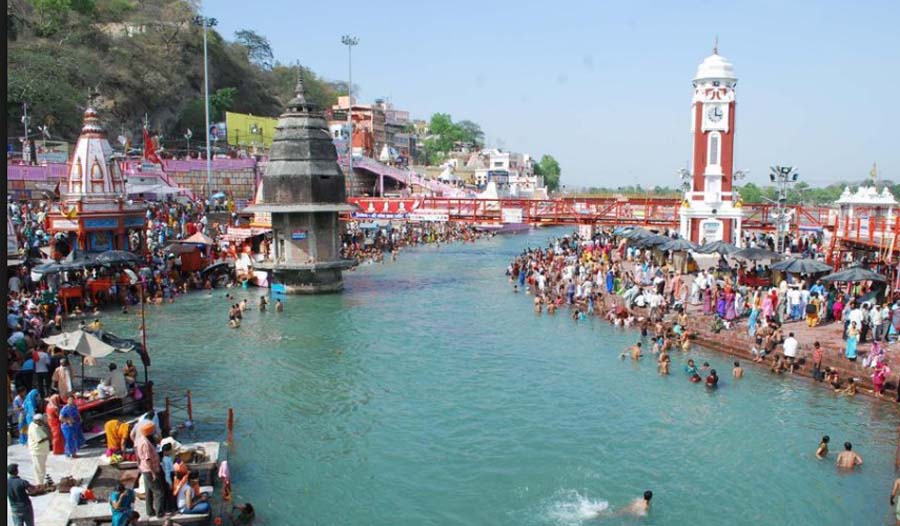
BANGLADESH: A THROWBACK ON COUNTRY’S 2024
A constitutional crisis can arise for a variety of reasons, but it turns into a state of stagnation when it leads to constitutional change. Stasis is Greek for civil/political discontent, discord, and, at its worst, the dissolution of the entire constitutional order. One of the earliest theorists of stasis, Aristotle, thereby affirms that stasis results in the replacement of "one complete constitution" by another, as opposed to merely toppling a specific administration. Bangladesh has experienced numerous constitutional crises since gaining independence in 1971, which led to the sudden end of Sheikh Hasina's authoritarian government in August 2024 (which lasted for sixteen years, from 2009 to 2024). The leaders of the July Revolution have made a bold call for a new constitution in the wake of Hasina's downfall, amid the conservatives' conflicted positions on reform and constitutional continuity. This event is distinct in a number of ways, characterised by a contradictory thread of disavowal of the constitution, ambiguity, and obedience to constitutional standards. In Bangladesh, Sheikh Hasina's overthrow was widely anticipated, in part because many people compared her government to fascism. She made certain contentious changes to the 1972 Constitution after taking office in 2009, chief among them being the elimination of the Non Party Caretaker Government (NCTG). Introduced in 1996 as a fourth branch mechanism to guarantee free and fair elections, the NCTG was an election-time government made up of a committee of unbiased, unelected citizens. As demonstrated by three following elections that were tainted by widespread fraud, controversy, and a consequent lack of legitimacy, the NCTG's elimination essentially shuts down the possibility of a democratic transition of power. Hasina was indifferent to political unity and the concerns of social and economic fairness since she had virtually unchecked power that was unmoored from democratic support. This set the stage for the historic "revolution" that took place in July and August, which was mostly spearheaded by students who were campaigning for anti-discrimination laws in the public sector. After a terrible period of violent crackdowns that left thousands injured and over 1000 dead, including innocent children, Hasina left the country on August 5, 2024, without leaving any constitutional successor in her wake. The Prime Minister's resignation was confirmed when the President dissolved the legislature. In light of this, a provisional administration has been established, with Nobel Laureate Professor Muhammad Younus serving as its chief advisor.Surprisingly, the interim government took an oath from the President under the existing constitution, which does not envision any such government. Although the quota protests have received most of the attention, the administration has a long list of complaints. Although Bangladesh's GDP has increased during Hasina's leadership, many Bangladeshis have not benefited economically from this. Tension has persisted due to a lack of opportunities, rising youth unemployment rates, and skyrocketing inflation. In the meantime, the Awami League has undermined the nation's democracy since its overwhelming victory in 2008, even though it has declared a zero-tolerance policy against corruption. Money laundering, bribery, and nepotism scandals have plagued government ministers. For instance, the government terminated a deal in 2011 that permitted a technocratic, 90-day caretaker government to conduct elections and supervise power transitions. Dissent suppression has also increased. Human rights advocates, campaigners, and opposition leaders are increasingly being harassed and arrested. In the meantime, any form of criticism of the administration, including satire and posts on social media, has been made illegal. An international NGO has cautioned that unless strong reform is implemented, Bangladesh faces the possibility of reverting to the rights violations that were observed under former Prime Minister Sheikh Hasina. According to Human Rights Watch (HRW), if the interim government in Bangladesh does not carry out reform that can resist repression by future regimes, it risks losing "hard-won progress." According to the report, the threat to "the country's once-in-ageneration opportunity to end the legal abuses" that occurred under Hasina's leadership is highlighted by the ongoing arbitrary arrests and retaliatory violence. Through the publication, HRW urged Dhaka to remove laws that target critics and implement legitimate detention procedures. "The separation of powers and maintaining political neutrality across institutions, including the civil service, police, military, and judiciary, should be the main goals of reforms," it stated. After 15 years in office, Hasina withdrew into exile in August because to widespread protests. Since then, the nation has been governed by an interim administration headed by Nobel Peace Prize winner Muhammad Yunus, who has promised to hold fresh elections and implement extensive democratic changes. According to Human Rights Watch, Yunus's government has started to repair damaged institutions that have been utilised to target Hasina's Awami League party's opponents. However, it also emphasised that the police have "returned to the abusive practices that characterised the previous government" by targeting the former premier's supporters. The study claims that relatives of those slain by security forces during the protests were coerced into signing case forms without being informed of the identity of the person accused of their murders. Since student-led opposition protests led Prime Minister Sheikh Hasina to step down and flee Bangladesh on August 5, religious minorities say their communities have suffered violent attacks in the power vacuum. Bangladesh is around 90% Muslim, with Christians and Buddhists making up most of the rest of the population. According to Bangladesh Hindu Buddhist Christian Unity Council head Oikya Parishad, a huge number of Bangladeshi citizens who belonged to the minority community were killed in the last 4-5 months.Parishad’s group estimates there have been more than 300 incidents where temples, religious crematoriums and other places of worship have also been vandalized and attacked by mobs. The Bangladesh interim government insists reports of violence against minorities are exaggerated and often fake. The interim government also says whatever violence is happening is political, not sectarian. Widespread violence largely subsided following the swearing-in of the interim government on August 8, minorities say the fear of persecution still looms over them during this time of political unrest.It can be more challenging to determine the motivation behind such attacks. On August 5, the home of well-known singer Rahul Anand in the nation's capital, Dhaka, was attacked and vandalised, according to local media reports. The arrest of Hindu monk Chinmoy Krishna Das further fuelled the country's ongoing discontent. For many, like Shravasti Bandopadhyay, a journalism and mass communication student at Dhaka University, it has been hard to determine who is trying to harm or assist them. Bandopadhyay stated that she had to leave her home and was sleeping in several places and staying with neighbours in a Facebook post that her teacher, Kaberi Gayen, from Dhaka University posted. “I can’t make up my mind about what to think about my fellow countrymen as one the one hand, I'm dying in fear of death, because some of them had come to my house and threatened me , on the other hand there are others who took me to a safe place and still protecting me.” & it continues.
Reference:-
https://www.aljazeera.com/where/bangladesh/

By: Argha Pratim Das (Social Activist)
01 February, 2025


.png)



